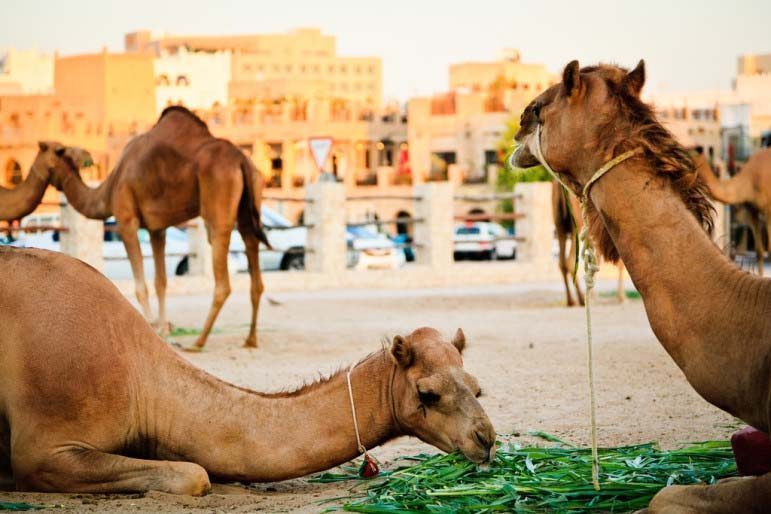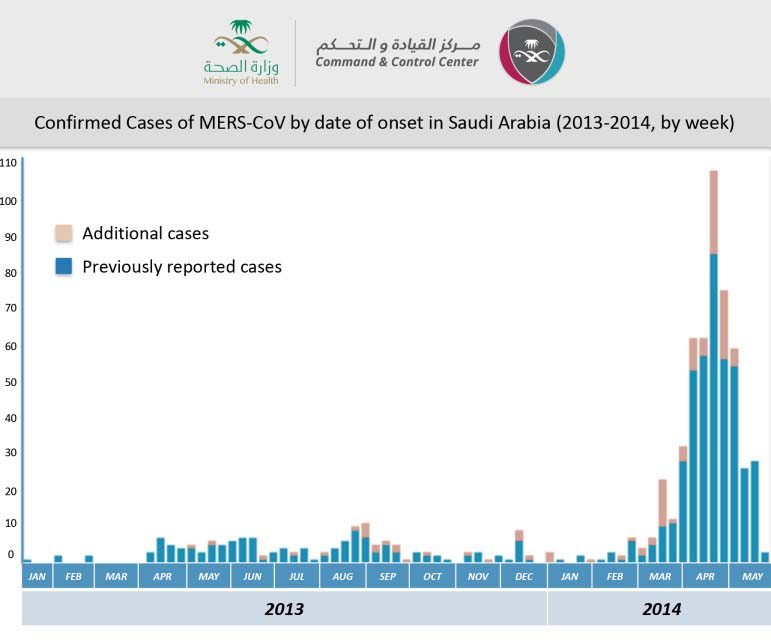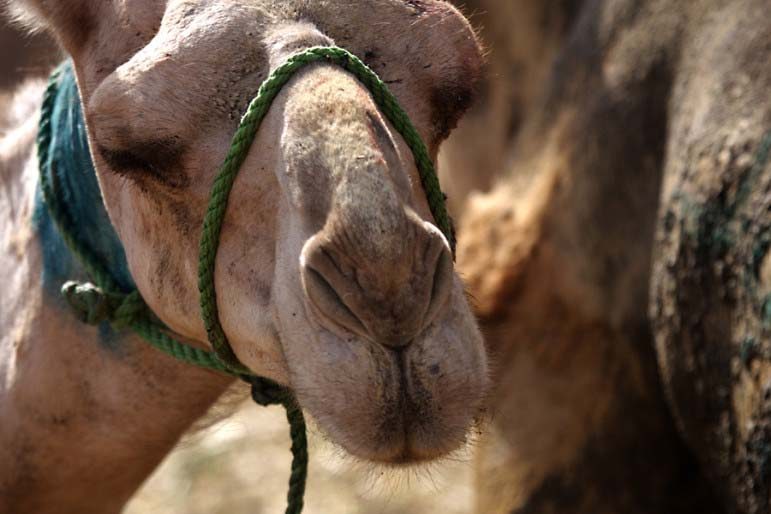
Qatar residents who wish to perform Hajj and Umrah in the coming months should postpone their trips if they are pregnant, elderly or infirm, Qatar’s Supreme Council of Health (SCH) has said.
The SCH released a set of new guidelines related to the Middle East Respiratory Syndrome (MERS) yesterday, following a recent uptick in the number of MERS cases in neighboring Saudi Arabia.
The health council also released preliminary results of a national study that found MERS in dromedary camels in Qatar. The findings have prompted new infection control tips for people working closely with camels.
The study aims to examine how MERS has been spreading, and who exactly is at risk. Qatar’s SCH has been working on it with the World Health Organization and the Erasmus Medical Center in The Netherlands, as well as the Ministry of Environment.
Qatar’s findings were released two days after a scientific study found the first “real evidence” of MERS being transmitted from camels to humans, after a Saudi camel handler died from the virus.

Meanwhile, Saudi’s Ministry of Health disclosed this week that it had previously underreported the number of MERS cases – and related deaths – inside the country.
Tips
So far, eight people in Qatar have contracted MERS, and four have died.
However, the Gulf state has had no new reported cases of the virus since November and no one is currently being treated for the virus.
Still, as Ramadan approaches, the SCH said it planning to launch a new public awareness campaign aimed at Muslims who plan to travel to Saudi Arabia to perform Umrah.
In a statement, the SCH recommended several precautionary measures, including:
- Discouraging people with pre-existing major medical conditions (i.e. patients with chronic diseases such as diabetes, chronic lung disease and immunodeficiency), people above 65 years old, pregnant women and children from performing Umrah for now, as they are more likely to develop severe infections if exposed to MERS. Pilgrims were also advised to consult a health care provider before traveling to review the risks;
- Recommending all pilgrims performing Hajj and Umrah to get the necessary vaccinations at least two weeks prior to travel;
- Taking extra precautions in terms of personal hygiene and infection control, such covering mouth and nose when coughing/sneezing, and regular hand-washing;
- Ensuring good food hygiene practices by avoiding undercooked meat, washing fruit and vegetables thoroughly; and
- Avoiding close contact with camels by not visiting camel farms and avoiding consuming unpasteurized camel milk.
If any residents develop respiratory infections or fever within two weeks from the return of their pilgrimage, the SCH advises them to get medical advice. They will be screened for infectious diseases and monitored.
Speaking about Qatar’s ability to handle MERS, Dr. Salih Al-Marri, SCH’s assistant secretary general for Medical Affairs, said, as quoted in Gulf Times:
All the hospitals and health centrers under Hamad Medical Corp. and Primary Health Care Corp. have been given clear guidelines to treat any person suffering from the disease.
“Qatar will continue the state of preparedness to monitor suspected cases and ensure full implementation of infection prevention and control measures at all healthcare facilities.”
The World Health Organization does not currently recommend any travel or trade restrictions with regards to MERS.
Camels
New research has found MERS to be present in camels in Qatar, although the number of infected camels was not revealed. There are also signs that people dealing very closely with camels may become infected. Some 8.7 percent of those tested had MERS antibodies – a sign of past infection – but did not report severe symptoms.
While studies are still ongoing, it is believed that MERS in camels most frequently occurs in their nasal secretion, but around 20 percent of the animals that tested positive had it in their feces.
The SCH said there was also a possibility of contamination of meat during slaughter.

Given the findings, WHO advises the enforcement of good hygiene by slaughter houses and camel hands – including frequent hand washing after touching the animals, facial protection where possible and wearing protective clothing and gloves, which should be removed after work and washed daily.
Workers are also advised to avoid exposing their family members to their contaminated clothes, shoes and other items that might have come into contact with camels.
And they were recommended not directly handling animals that test positive for MERS, or to slaughter sick animals for consumption.
Meanwhile, Qatar’s Ministry of Environment has banned the import of camels from outside the GCC, and camels will undergo regular testing. Any camel that tests positive for MERS will be isolated for 30 days and monitored.
The SCH added that it would soon launch a public awareness campaign on MERS, particularly targeting camel workers, travelers and medical workers in hospitals and health centers.
Thoughts?







